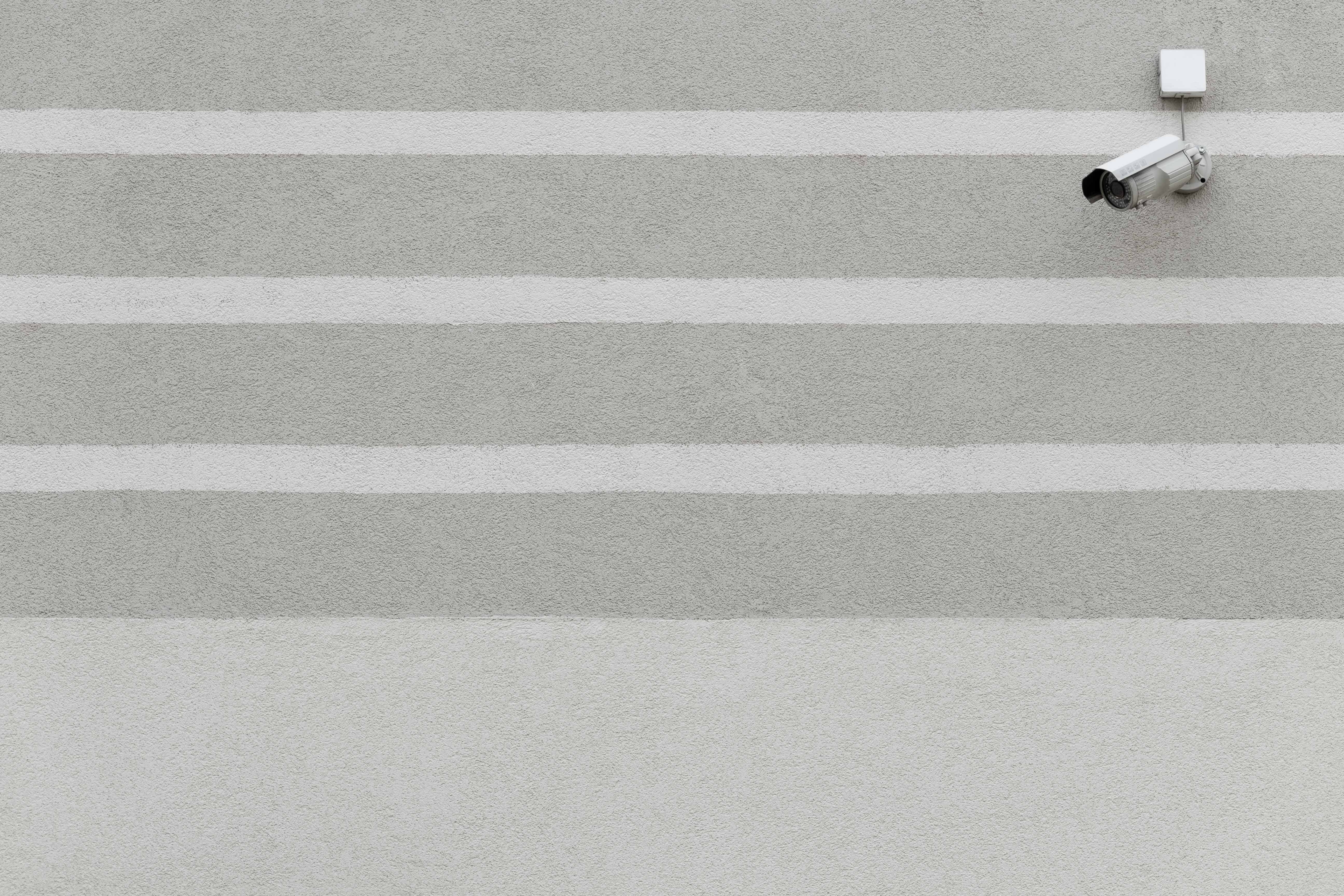
Breaking news every day recently has focused on journalist Jamal Khashoggi. A video camera showed him walking into the Saudi Arabian consulate in Istanbul. No video shows him leaving the consulate. This is strong circumstantial evidence that he never left alive. Back home, video can be even more significant by showing directly what happened in an incident. Recent Pennsylvania law has had mixed news on requiring production of videos.
The basic idea of PA law is that records, including videos, are discoverable under the Right to Know Law (RTKL) unless they fall under any of thirty exceptions or exemptions. Litigation involves the exceptions.
The best news is in Easton Area School District v. Miller, 191 A.3d 75 (Pa. Cmwlth., July 20, 2018). A teacher allegedly grabbed a child on a school bus and slammed him down in a seat. A request was made for video from the security camera on the bus. The Commonwealth Court held that the video was not exempt from disclosure under the RTKL. The two exemptions raised unsuccessfully to try to prevent disclosure were that disclosure would cause the loss of federal funding, and disclosure was prohibited as information regarding employee discipline in the teacher’s personnel file. However, the Court noted that the noncriminal investigative record exemption was not raised in this case.
Bad news is that the Pennsylvania Supreme Court denied a petition for allowance of appeal in Port Authority of Allegheny County v. Towne, 174 A.3d 1167 (Pa. Cmwlth. Ct. 2017). In Towne, the Commonwealth Court held that the noncriminal investigative record exemption prohibited release of multiple videos of a bus involved in an accident. Towne was discussed in a prior blog.
Also bad news is California Borough v. Rothey, 185 A.3d 456 (Pa. Cmwlth., April 25, 2018). A police officer grabbed a person in a holding cell by the throat and slammed him onto a bench. The video showing this incident was viewed by the police chief, who fired the police officer and filed criminal charges against him. The Commonwealth Court held that the video was exempt from disclosure under both the criminal and noncriminal investigation exceptions of the RTKL. The Court also held that the video was exempt from disclosure under the Criminal History Record Information Act as investigative information. However, the Court held that the video was not exempt from disclosure under the public safety, physical security or personal security exceptions.
The moral is always to consider whether a video might have recorded some part of the incident in your case. If it did, try to obtain it. Locks Law Firm has experience in obtaining many types of surveillance videos in Pennsylvania and New Jersey (though not yet in Turkey). We stand ready to help you.







